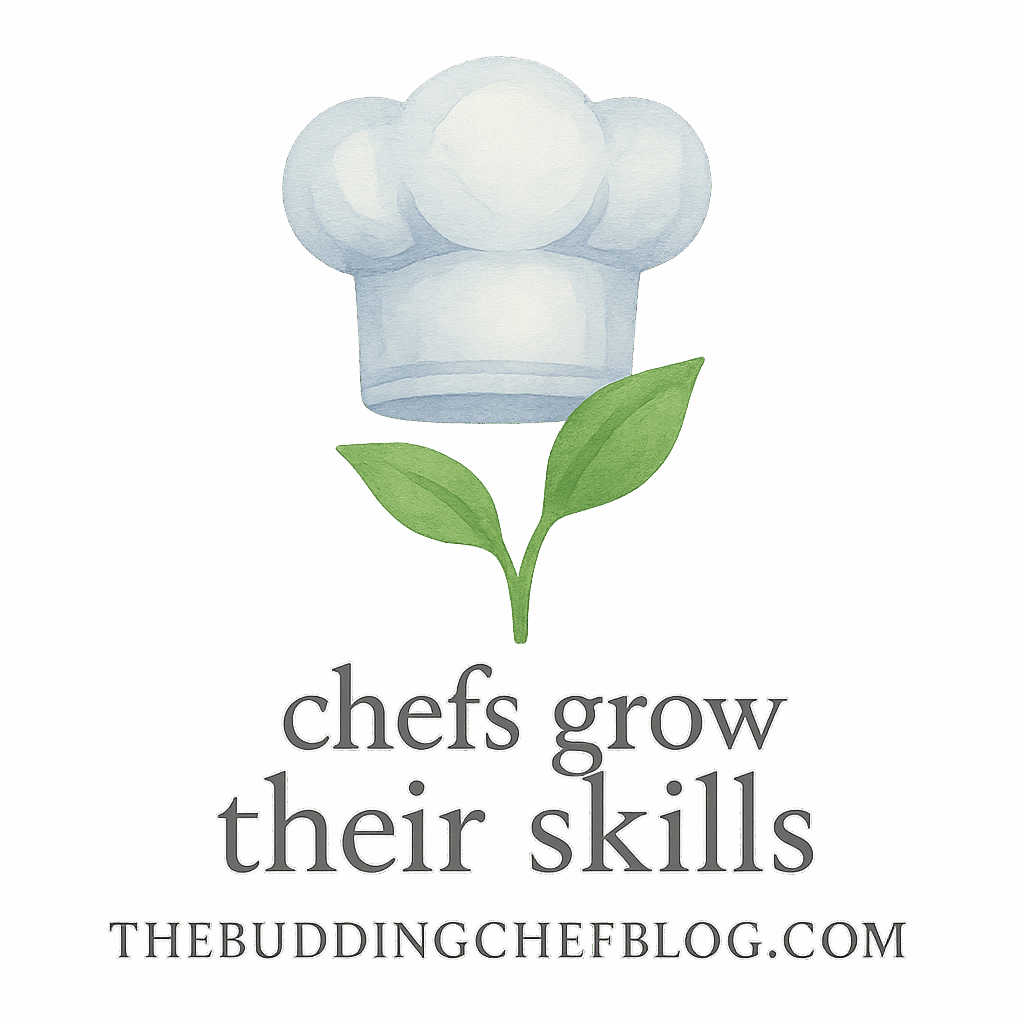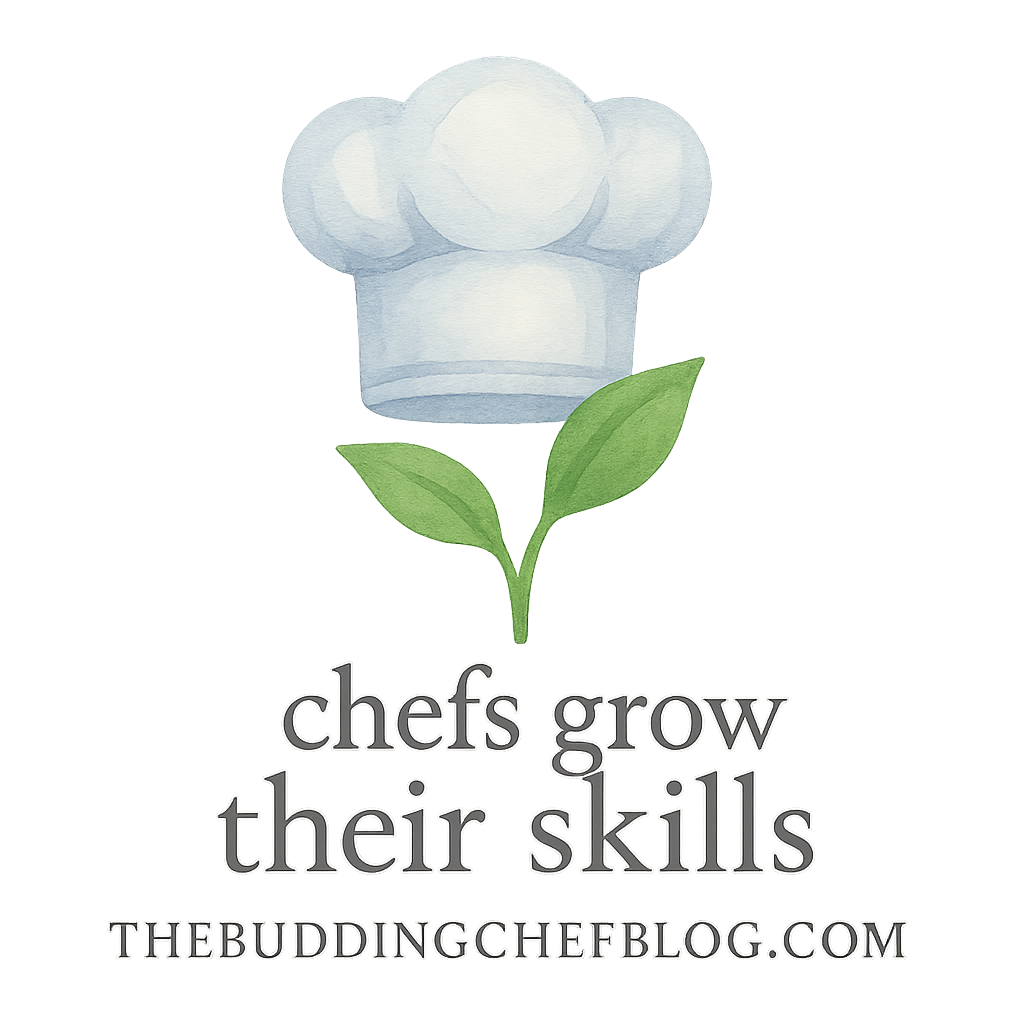If you’re just starting your culinary journey, you’ve probably realized that cooking isn’t just about following a recipe. Timing is everything. Burnt onions? Overcooked chicken? Cold pasta? Yeah, we’ve all been there. That’s why mastering meal timing strategies can totally transform the way you cook—especially if you’re a beginner chef.
So, if you want to stop guessing and start owning your kitchen, this guide will show you 5 proven strategies to help you cook smarter, not harder.
Why Meal Timing Matters
The Role of Meal Timing in Cooking Efficiency
Think of cooking like conducting an orchestra. Every instrument—your ingredients, stove, pots, and pans—needs to play its part at just the right time. That’s where meal timing comes in.
With smart meal timing, you can:
- Reduce stress while cooking
- Avoid burnt or undercooked food
- Serve everything warm and ready at once
How Beginners Can Benefit From Planned Cooking Times
Beginner chefs often underestimate how long things actually take. Spoiler: everything takes longer than you think when you’re starting out. But with the right strategies, you can turn chaos into calm.
Need help getting your kitchen rhythm right? Check out Basic Cooking Techniques to boost your foundational skills.
Strategy 1: Master the Art of Prep Timing
Plan Ahead with Ingredient Prep
If you start chopping your onions after your pan’s already hot, you’re setting yourself up for stress. Prepping ingredients before you cook is a total game-changer.
Here’s what you can do:
- Chop veggies and portion ingredients in advance
- Use prep bowls to organize
- Label and group ingredients based on when they’re used
Want to make prepping easier? Invest in good kitchen tools and equipment designed to make your life easier.
Use Kitchen Tools to Speed Up Prep
From mandolins to food processors, modern tools can shave off precious minutes. They’re especially helpful when you’re cooking for more than just yourself.
Group Similar Tasks Together
Chop all your veggies at once. Then move to meats. Then sauces. Not only does it save time, but it helps you stay in the zone.
Strategy 2: Use the Cook-and-Rest Technique
Let Your Food Work for You
Not everything needs to be done at once. Some foods—like roasted meats—need time to rest. Use this downtime to finish sides or clean up.
Understand Rest Times for Proteins
Resting helps juices redistribute in meat, making it juicier and more flavorful. While your steak rests? That’s your window to sauté veggies or set the table.
Get deeper into this technique by exploring our Basic Cooking Techniques section.
Strategy 3: Stagger Your Start Times
Cook in Layers for Efficiency
If you’re making a full meal—say, a protein, a carb, and a veggie—you don’t want to start everything at once.
Start with what takes the longest. For example:
- Begin boiling potatoes before sautéing vegetables
- Start the oven preheating while you prep
Check out some recipe practice routines to help you learn how to layer your steps.
Time Based on Final Serving Window
Ask yourself: “When do I want to serve this meal?” Then work backward from there. You’ll avoid the dreaded cold mashed potatoes or dried-out chicken.

Strategy 4: Use Timers and Schedules Religiously
Treat Your Timer as Your Sous-Chef
You don’t need to keep every minute in your head. Let timers do the remembering so you can focus on the fun stuff.
Use:
- Phone timers
- Smart kitchen displays
- Stove or microwave timers
For beginner chefs aiming for professional growth, this simple habit can change your cooking game.
Make a Visual Cooking Timeline
List each component of your meal and assign a start and finish time. Tape it to a cabinet or write it on a whiteboard in your kitchen.
Strategy 5: Build Habits Through Routine Timing
Stick to Time Blocks for Different Meals
Training your brain to cook during specific windows helps build consistent habits. Breakfast at 8? Dinner at 6? Stick to it, even if it’s just for yourself.
Adjust Based on Skill Progression
As you improve, you’ll get faster. That’s when you start shaving minutes and refining your style.
Explore how other beginner chefs build strong habits to boost their timing skills.
Common Mistakes Beginners Make with Meal Timing
Overcrowding and Poor Planning
Throwing everything in the pan at once might feel productive—but it usually ends in soggy veggies or half-cooked meat. Plan your steps!
Ignoring Ingredient Timing Differences
Carrots take longer than zucchini. Chicken thighs cook differently than chicken breasts. Know your ingredients or visit ingredient knowledge to learn more.
Pro Tips to Level Up Your Cooking Timing Game
Use Ingredient Knowledge as a Time Weapon
Knowing the behavior of your ingredients gives you a serious advantage. How long does it take to soften an onion? When do herbs go in? Knowledge = confidence.
Deepen your learning with ingredient knowledge resources.
Practice with Intention
Want to improve? Practice deliberately. Set a timer, cook a meal, then evaluate. What worked? What didn’t?
Check out the practice tag for practical drills and tips.
Conclusion
Meal timing is one of those behind-the-scenes cooking secrets that separates a stressed beginner from a calm, confident chef. The key? Plan ahead, prep smart, and use your time like a tool—not a trap.
If you’re ready to cook like a pro—even if you’re just starting—follow these strategies, bookmark this post, and dive into the other valuable resources at The Budding Chef Blog.
You’ve got the tools. Now go master the clock.
FAQs
1. How long should I rest my steak before slicing it?
Usually, 5-10 minutes is perfect, depending on thickness.
2. What’s the best timer for beginners to use in the kitchen?
Your smartphone is great to start, but a dedicated kitchen timer is even better—less distraction.
3. Why do my veggies end up soggy?
Overcrowding the pan or not staggering your cook time is likely the culprit.
4. Can I meal prep and still cook fresh meals daily?
Absolutely! Prepping ingredients and storing them can still lead to fresh, fast meals.
5. How do I know the order to cook things in a recipe?
Work backward from serving time and prioritize what takes the longest. Practice helps too.
6. Do all proteins need resting time?
Most do—especially meats. It helps lock in flavor and moisture.
7. Where can I learn more about improving my cooking skills?
Start with The Budding Chef Blog and dive into categories like basic techniques, tools, and ingredient knowledge.


